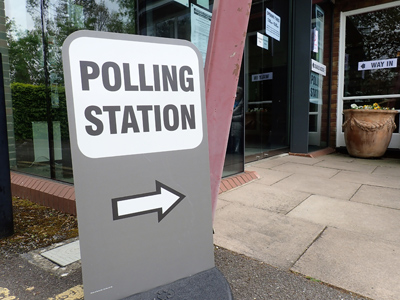
Unlawful Prorogation To General Election
On the advice of Boris Johnson, the Queen ordered parliament to be prorogued on the 28th August 2019. The prorogation was to last 5 weeks from September 9th to October 14th - much longer than usual.
Parliament was to reconvene just 17 days before the United Kingdom's scheduled departure from the European Union on October 31st, and many MPs believed this was an attempt to avoid scrutiny of the Government's Brexit plans.
The case was taken to the Supreme Court who ruled unanimously that the prorogation was indeed unlawful. As a result, Parliament was recalled on September 25th and Johnson’s Brexit plans could now be examined in detail.
The reopened parliament sat for just a few weeks before a General Election was called for December 12th. This quiz looks at what happened in that short time.
Ready for more?
not all...
quizzers. Try to win a coveted spot on our Hall of Fame Page.







